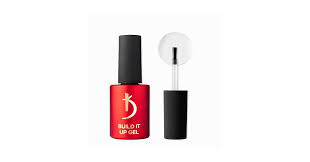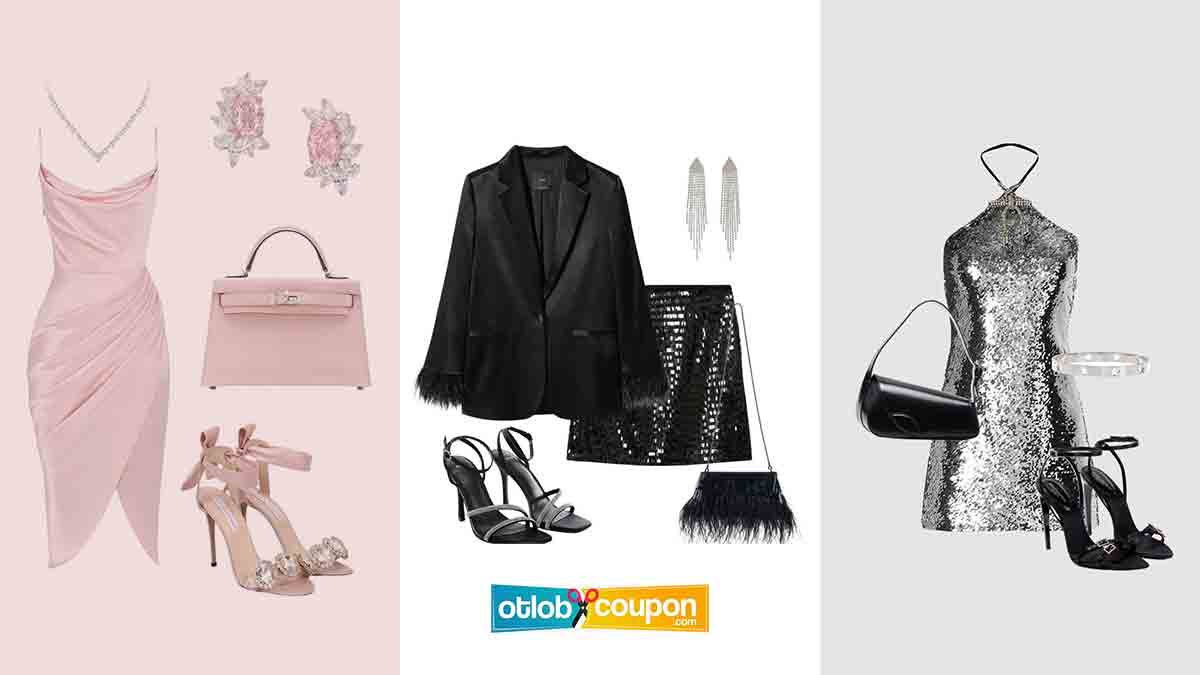Decorative accents are usually small objects that provide additional decoration to spaces. These can be large or small, and sometimes more than one may be used in space. These objects come in a wide variety of shapes, sizes, and textures, and the desired effect would depend on the individual space they are put into.
Decorative accents have many purposes, such as adding visual interest to an otherwise bland space or bringing certain attention to particular items when placed next to them with contrasting colors or textures of similar shapes. Decorative accents also play a role in theme-based design, where certain elements will all match, but some may stand out against others for contrast purposes.
Tips for locating the best decorative accent
-
Cost
The cost of decorative accents should be considered when planning one’s design. Decorative accents are usually small, and their cost can add up quickly. Determining which decorative accents would be able to fit within the budget is a principal task that needs to be completed before the placement of the accent can take place.
-
Size
Decorative accents should also be chosen based on size. Smaller accent pieces may work well in smaller places, such as a sitting or bathroom, while larger ones may work in larger spaces, such as bedrooms, living rooms, or even a home office.
-
Color
When choosing a decorative accent, color should also be considered. Decorative accents often come in various bright colors and patterns but can also be one with a more conservative yet stylish color scheme. The choice for the accent would depend on the purpose of the item; only those necessary to add a certain color would be selected.
-
Texture
Other than size and color, the texture may also play a role in deciding which decorative accents to place in an area. Some decorative accents have smooth surfaces, while others are rougher or even bumpy. These may be more suited to places that might receive a lot of activity, such as the kitchen counter.
-
Pattern and shape
Pattern and shape can also be considered when deciding on decorative accent placement, and the best choice must depend on the purpose they would be used for. While some may be able to add a simple yet cute background pattern, others may need a complicated design that would grab the viewer’s attention.
-
Functionality
Decorative accents can be used for various purposes, but only those that are not just decorative would be chosen. This is useful to consider when deciding whether to have one of the accents in a certain area.
-
Functionality and style
Having decorative accents in an all-white room may seem like a good idea, but it would make the place look empty and cold, whereas aesthetic items such as pictures and art could provide more warmth. Having functional accent pieces would help bring life into the space, not just because they are functional but also because they add to the style of the room.
Conclusion
Decorative accents are usually small objects that provide additional decoration to spaces. These can be large or small, and sometimes more than one may be used in space. These objects come in a wide variety of shapes, sizes, and textures, and the desired effect would depend on the individual space they are put into.


